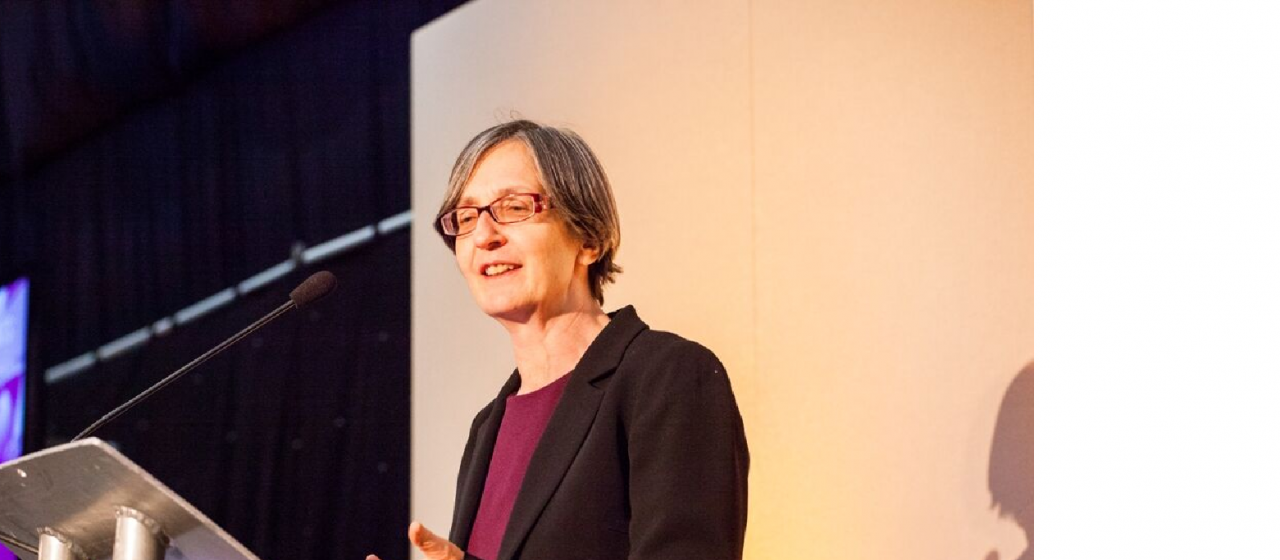
Harassment and abuse shouldn’t be in anybody’s job description
by Helen Pankhurst, Mar 21
This year, in 2019, we are at a pivotal moment – it is also a historical moment.
2019 is the year after some women finally won the right to vote and to stand for parliament. One of the first legislation to follow was the Sex Disqualification (Removal) Act of 1919 which permitted women to work in a range of professions from which they were previously excluded – most notably, from the legal profession. Until that point, women had no place in courtrooms, on juries, as magistrates… no role to play in the making or executing of laws. Women had no say in the legislation affecting their lives, in the interpretation of it, in the enactment of it.
This, naturally, did not sit well with the suffragettes. As Emmeline Pankhurst had famously said: ‘’We are here, not because we are law-breakers; we are here in our efforts to become law-makers’’ Suffrage was a start, but the laws also needed to change.
It is staggering that a full century on from the landmark Act in the UK that allowed women to become law makers, we still need to fight for legislation to address women’s concerns, in the UK and around the world. As #MeToo and Time’s Up movement has taught us, women are still being failed by the law, in every corner of the earth,
Yet women everywhere are also challenging the law to change the world. And this year, in 2019, we are at a pivotal moment. The #MeToo movement, the transgressions of Weinstein, the universal nature of sexual harassment, abuse and exploitation has been exposed for all to see. It has been exposed with a demand for change. For #TimesUp.
Now we need to make sure this global moment of awareness is met by structural change – by systemic change. This should include legislation right around the world. And this is possible. The ILO, the International Labour Organisation is currently considering a global convention to address violence and harassment in the workplace. In June, governments have an opportunity to agree to the world’s first ever legally-binding treaty on the matter.
However, there is the danger that the treaty will be watered down before the ILO Convention ratifies it in June 2019. Politicians.
around the world need to show their commitment to a strong convention, one that protects even the most marginalised of women in the least formal of workplaces.
Employers around the world also need to show their desire to be part of the solution not part of the problem. They can do this by improving their own strategies and commitment to prioritising the safety of their workers and they can do this by showing their support to a strong and inclusive global convention.
Please be involved in the call for solidarity, and, between now and the June deadline please support CARE International and all the others demanding a strong convention.
Let’s seize the moment – harassment and abuse shouldn’t be in anybody’s job description
Be part of the conversation – Pledge your support and #ThisIsNotWorking






